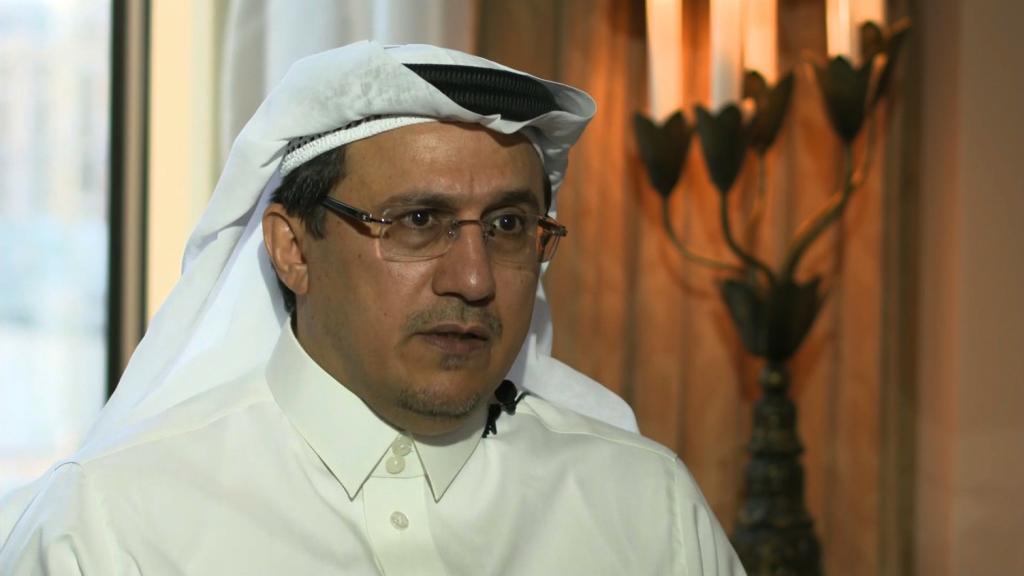
Saudi Arabia is using cash recovered from officials and princes arrested in a corruption crackdown to ease the pain of austerity.
The kingdom says it has lost at least $100 billion to corruption, and some of that is now being handed back to the government as part of settlements agreed with suspects.
"We have received some money in the bank," Saudi finance minister Mohammed Al Jadaan told CNNMoney's Richard Quest on Thursday. "But most of the assets are unlikely to be in cash. As you can imagine it is in assets, real estate -- it is going to take some time to be liquidated."
Speaking earlier at the World Economic Forum in Davos, Switzerland, Al Jadaan said some of the cash recovered will be used to fund handouts for the 70% of Saudi nationals who are state employees.
At a cost of about 50 billion riyals ($13 billion), the government earlier this month announced an annual bonus for all state employees, and a monthly allowance of 1,000 riyals ($266) for government employees for a year. There was also a 10% stipend increase for students, a bonus for soldiers and a tax break for first-time home buyers.
Related: 6 ways life in Saudi Arabia will change in 2018
The measures were aimed at easing the pain of austerity designed to reduce Saudi Arabia's budget deficit. They came less than a week after the government introduced a 5% sales tax on most goods, and doubled gas prices.
Saudi Arabia is experiencing rapid change as part of its Vision 2030 to diversify the economy away from oil.
The corruption clampdown is part of that.
In a surprise sweep in November, Saudi authorities arrested dozens of royals, businessmen and senior government officials. Those arrested included billionaire businessman and global investor Prince Alwaleed bin Talal and Saudi media mogul Waleed Al-Ibrahim.
The unorthodox detentions -- the suspects have been confined to the luxury Ritz-Carlton hotel in Riyadh while they negotiate their release -- initially rattled investors.
But the Saudi stock market has since bounced back, and foreign investors are looking for opportunities to take advantage of the opening up of the biggest economy in the Middle East.
Stephen Schwarzman, CEO of Blackstone, said the changes were "astonishingly bold."
"The more change, the more opportunity for something to go wrong. It's important not to overreact when that happens," he said in Davos.
It would take a while for the international investors to commit, he added, but Saudi Arabia was clearly an opportunity "you can't miss."
Al Jadaan said the crackdown would pay dividends in the long term.
"We are creating a level playing field," he told CNNMoney. "Our country's message is very clear that we have zero tolerance to corruption and we want to move ahead and create an investment environment."


